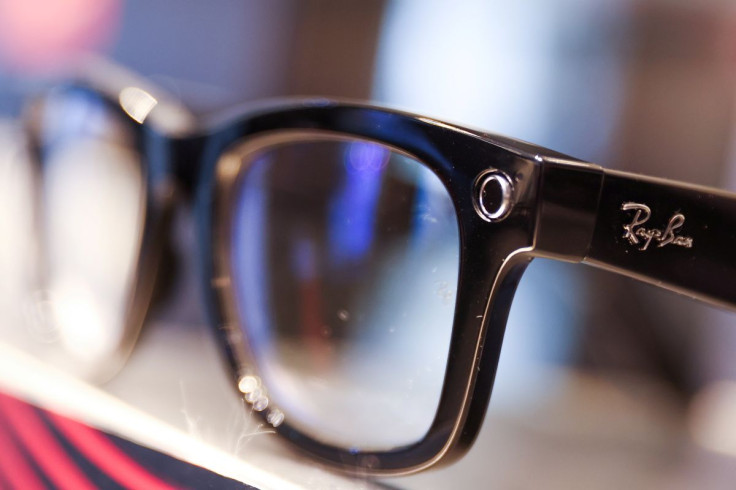Eyewear Maker EssilorLuxottica Looks Beyond Pandemic As Sales Continue To Rebound

The world's biggest eyewear company EssilorLuxottica reported strong sales growth in the fourth quarter, rising further above pre-pandemic levels and boosted by its performance in the United States and its GrandVision acquisition.
Shares in EssilorLuxottica, which owns the Oakley and Ray-Ban sunglass brands and makes sunglasses and spectacle frames for labels including Chanel and Prada, were up 2.3% after the quarterly results, which slightly beat analysts' forecasts.
The company said fourth-quarter revenue came to 5.58 billion euros ($6.14 billion), including GrandVision, up around 32% from a year earlier and up nearly 35% from the 2019 pre-pandemic level at constant exchange rates.
Excluding the GrandVision acquisition, fourth-quarter revenue rose 11% from the same period in 2019 pre-pandemic.
The group acquired over 76% of the Dutch eyewear retailer in July and completed the purchase of remaining shares in January. GrandVision added more stores to the group's retail business, which now generates half of EssilorLuxottica's sales.
Fourth-quarter revenue beat analysts' consensus expectations by 1%, according to RBC.
The company has seen a sharp rebound in sales since last summer, particularly in North America as economies reopened after restrictions imposed to curb the spread of COVID-19.
Its shares have risen nearly 8% in the past year.
EssilorLuxottica said it targeted an adjusted operating profit of between 19% and 20% of revenue by 2026, up from 17% in 2021.
On Thursday, EssilorLuxottica said in a post on its LinkedIn page that it was temporarily restricting operations in Russia, where it has around 1,000 employees and a network of around 100 Lensmaster stores, citing uncertainties and significant disruptions.
A wave of Western companies have put their business activities in Russia on hold either due to stringent sanctions imposed by the United States and Europe following Moscow's invasion of Ukraine or to show their opposition to the war in Ukraine.
"At this difficult time, the safety of our people remains our priority and we are providing all the support possible to our affected teams in the region," Chief Executive Francesco Milleri and his deputy, Paul du Saillant, said in the earnings statement.
Russia and Ukraine account for less than 200 million euros or 1% of group revenue, executives said in a call with analysts Tuesday.
Overall, business has started out well in 2022, executives said, noting they hadn't seen an impact of inflation on sales or a spillover from the conflict in Ukraine into other regions.
© Copyright Thomson Reuters {{Year}}. All rights reserved.





















